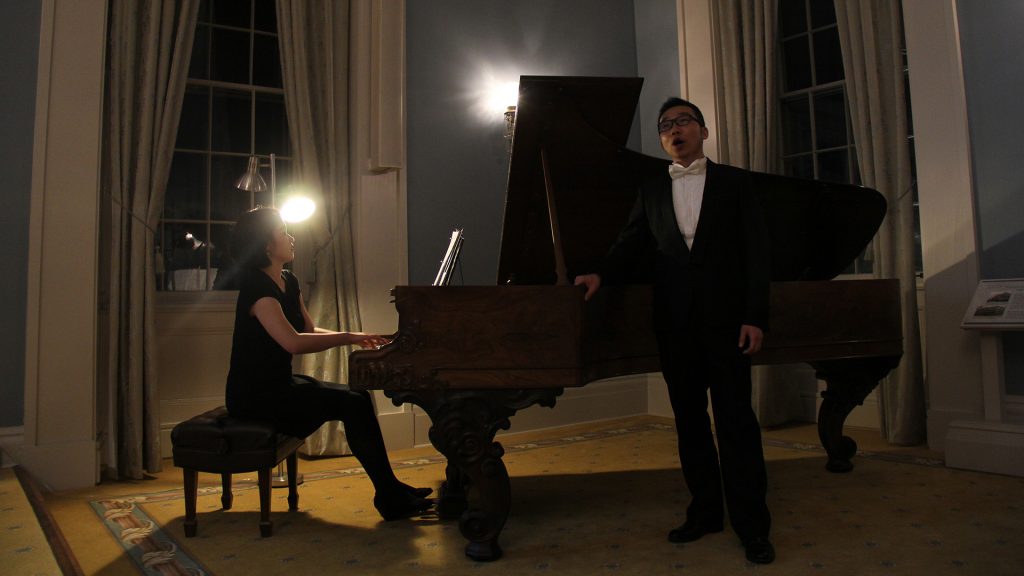An international program at the University of Iowa faces scrutiny from the FBI.
On Feb. 13, FBI Director Christopher Wray warned American universities about the possibility of Chinese influence on their campuses and noted that the FBI is “watching warily” dozens of activities at Confucius Institutes. The UI has housed one such institute since 2006.
“I don’t have any information on that or anything relating to the University of Iowa Confucius Institute, and I have not heard about any concerns involving our Confucius Institute,” Dean of International Programs Thomas Downing said about the FBI’s warning.
According to a document given to The Daily Iowan by the institute, Professor and Confucius Institute Director Chaunren Ke partnered with Hanban, the Confucius Institute headquarters and a branch of the Chinese Ministry of Education, because he was looking for external funding support to establish an international center for teaching Chinese language and culture.
The UI partners with East China Normal University in Shanghai and receives $100,000 from Hanban every year, which goes into a quasi-endowment in the UI Center for Advancement, Downing said.
This form of funding is unique to the UI and Stanford University. The other 107 Confucius Institutes in the U.S. just receive the funding with no endowment.
RELATED: China calling Iowa City high school students
Confucius Institute program coordinator Erin Mullins said the money sits in the endowment and gains interest, which goes toward staff salaries and operational costs, such as cultural events. The current balance of the endowment is slightly more than $1.2 million.
Mullins said the university often matches funds with Hanban, as with curriculum coordinator Xi Ma’s salary, to make sure the partnership is equal and the endowment money can go toward other things.
Faculty are paid by the university, Mullins said. She noted that this line of thought from the FBI isn’t new, and there is no such agenda at this institute that they’ve seen.
“It allows us to make every dollar go further,” she said.
The Confucius Institute isn’t the only program funded in part by outside sources. The King Sejong Institute is an institution similar to the Confucius Institute that offers Korean language and culture classes.
According to a Politico article published on Jan. 16, the Chinese government uses Confucius Institutes to expand its brand and teach its version of culture and history — one that sees Tibet and Taiwan as belonging to Mainland China and doesn’t touch on human-rights issues.
West High senior Nina Elkadi feels differently. Since her sophomore year in the Iowa City School District, she has taken beginning Chinese classes, learning both the language and different aspects of Chinese culture.
“It’s a very comprehensive, unbiased class, in my opinion at least,” she said. “I don’t feel like I have enough of a background in Chinese politics to accurately answer that, but we haven’t talked about politics enough where I’m swayed one way or another.”
Ma said no one has a hand in deciding curriculum except her and the teachers she works with. Downing noted in an email to the DI they only teach culture and language.
“The exclusive focus of our CI is to hold culture and language classes and conduct research on the learning of Chinese as a second language,” Downing said. “The CI does not teach or do research on history, public policy, or politics; we have other centers and departments on campus that do.”



